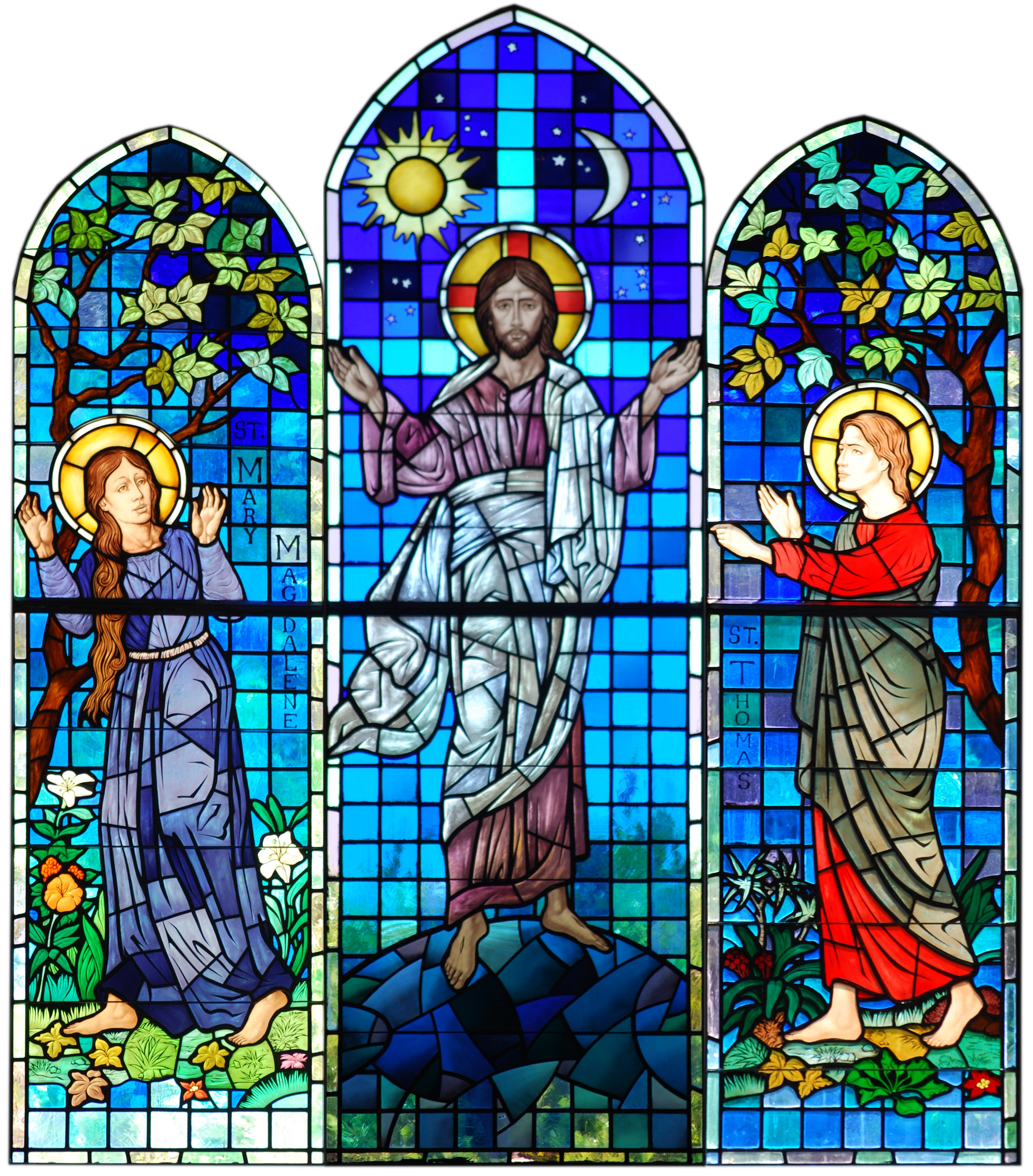2 Timothy 2:8-15
Remember Jesus Christ, raised from the dead, a descendant of David– that is my gospel, for which I suffer hardship, even to the point of being chained like a criminal. But the word of God is not chained. Therefore I endure everything for the sake of the elect, so that they may also obtain the salvation that is in Christ Jesus, with eternal glory. The saying is sure: If we have died with him, we will also live with him; if we endure, we will also reign with him; if we deny him, he will also deny us; if we are faithless, he remains faithful– for he cannot deny himself. Remind them of this, and warn them before God that they are to avoid wrangling over words, which does no good but only ruins those who are listening. Do your best to present yourself to God as one approved by him, a worker who has no need to be ashamed, rightly explaining the word of truth.
– – – – – –
Tradition tells us this letter was written by Paul, though scholars widely agree that it was someone writing under Paul’s name. The letter is addressed to Timothy, a leader of a young Christian community facing serious divisions. The author writes to instill confidence in Timothy to lead his church. As long as he follows the right path, he will find support in God. We may feel restrained in this world, “but the word of God is not chained” (2 Tim. 2:9, NRSV). The world may seem to be one of scarcity, but in God, there is only abundance.
Talking about Jesus, the letter promises, “If we endure, we will also reign with him; if we deny him, he will also deny us” (v. 12). Will Jesus give up on us if we reject him? Perhaps instead of offering a threat, the letter reveals how closely we are united with Christ; denying him is equivalent to denying ourselves. Our true natures abide in God. The next line continues, “If we are faithless, he remains faithful” (v. 13a). Both are true at the same time: rejecting Jesus is as dire as denying our true selves, and yet, Jesus remains faithful, regardless of our wavering.
In what ways are you “chained” in life, and how does God’s word offer abundance?
In what way does our self-understanding change when we see ourselves first as belonging to God?
This Bible study, written by the Rev. Daniel Johnson, OPA
|




